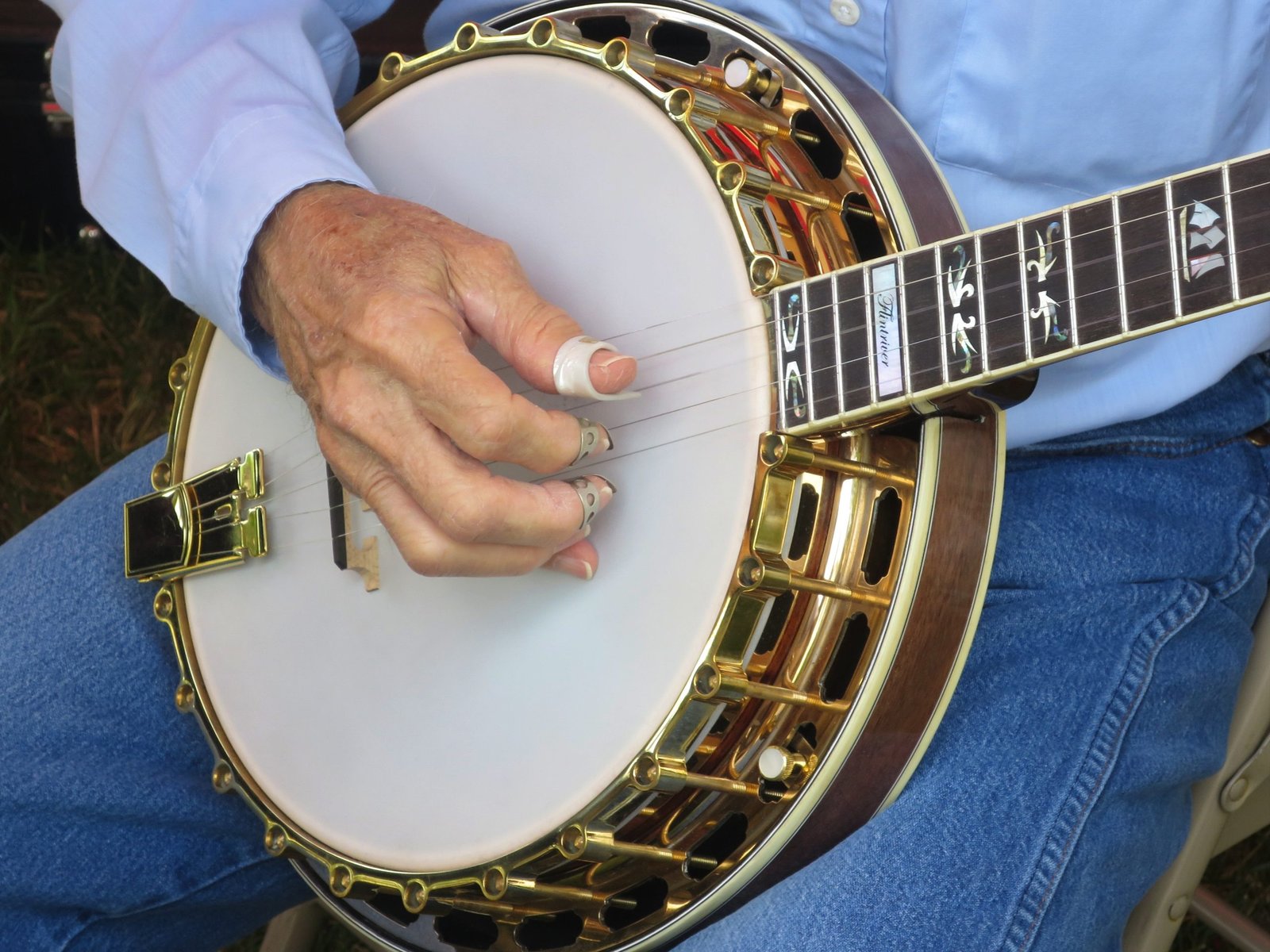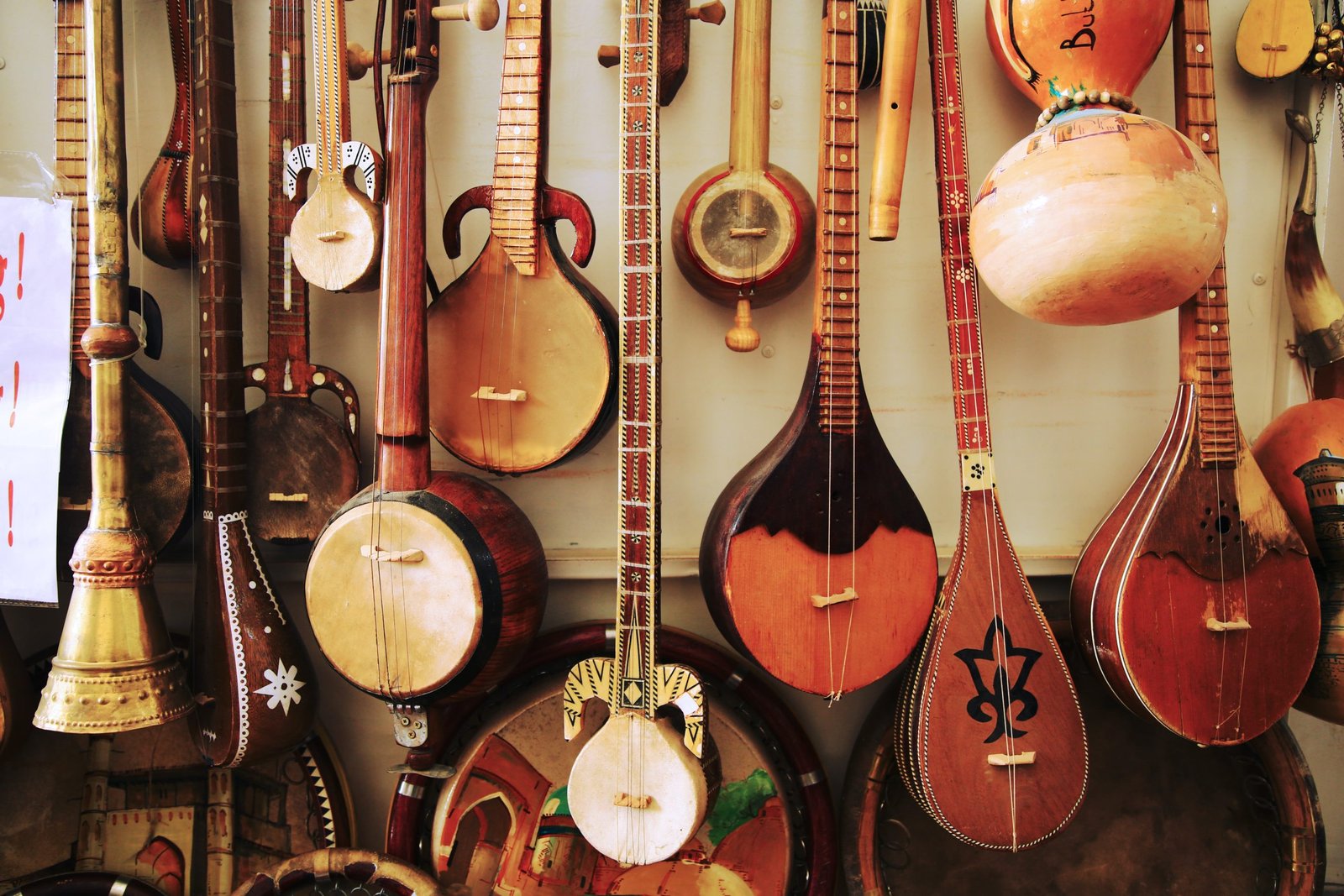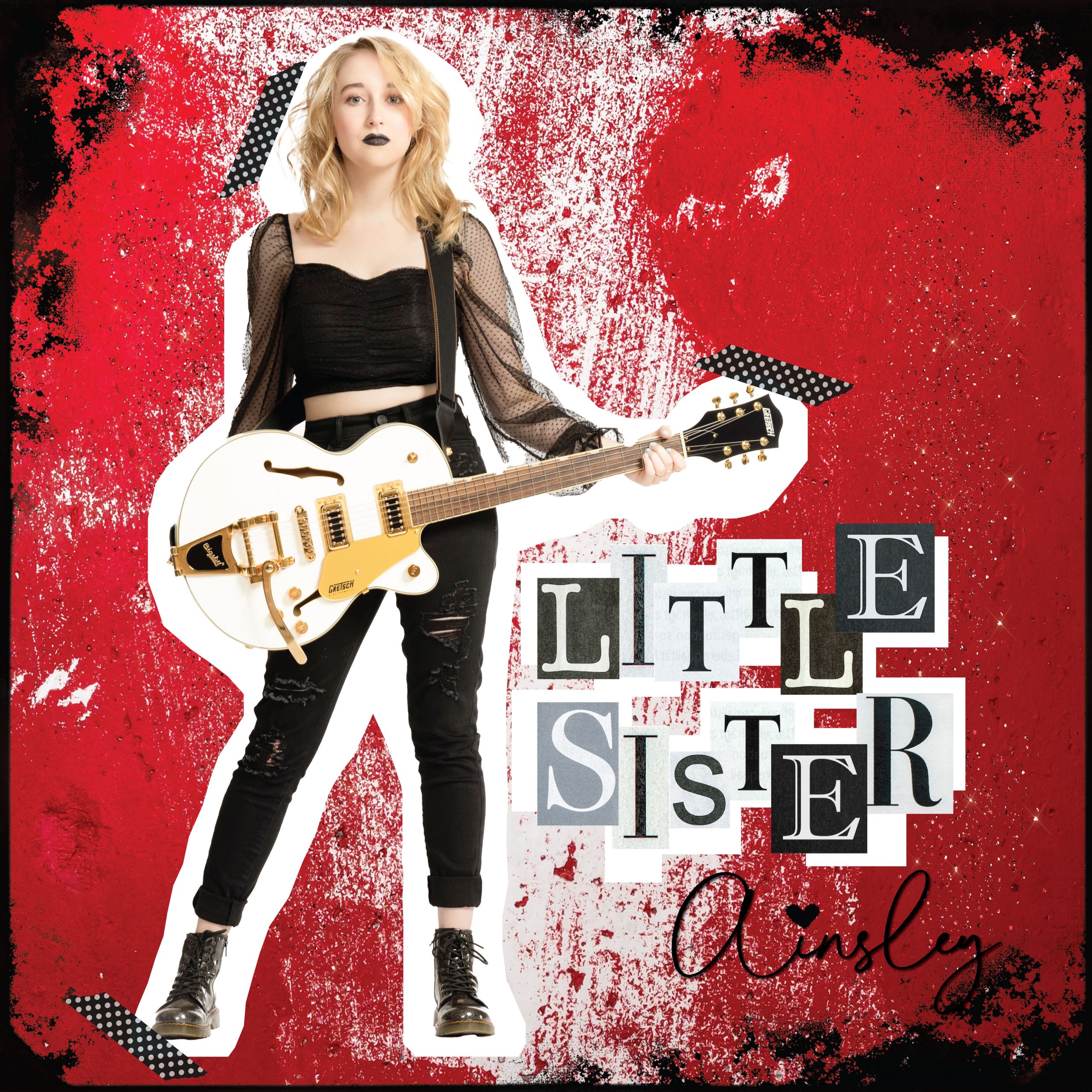Choosing the right banjo for your playing style and budget can seem like an intimidating task.
With so many different types of banjos available on the market today, it can be difficult to know which banjo is best for you. Whether you’re a beginner or an experienced player, the perfect banjo is out there.

In this blog post, we’ll discuss how to choose the right banjo for your playing needs, guide you through common banjo types and features, and provide tips for getting the most out of your new instrument. From budget to sound quality, we’ll help you make an informed decision on your next banjo purchase. Whether you’re interested in claw-hammer, bluegrass, or traditional styles, you’ll be able to find a banjo that meets your needs and budget.
Understand the different parts of a banjo
Before you choose your banjo, it’s important to understand the various components that make up the instrument. The banjo consists of a resonator, a neck, a head, a rim, strings, a bridge, and tuning pegs.
The resonator is the part of the banjo that produces the sound and projects it to the listener. The neck holds the strings and the fretboard and is what you use to play the banjo. The head is a thin piece of plastic, animal skin, or Mylar that covers the rim and provides the necessary tension for the strings. The rim is a circular metal or wooden body that supports the head and neck, and the strings are of course the strings you pluck when you play the banjo.
Finally, the bridge is the part that connects the strings to the head and the tuning pegs are the pieces that you turn to tune the strings. Knowing the different parts of a banjo can help you decide which model is right for you.
Consider your playing style
As you are researching the different types of banjos, you should consider your playing style. The traditional five-string banjo is a great choice for those looking for a classic banjo sound and feel, while the four-string banjo is ideal for bluegrass and folk styles.
If you are looking for a more modern sound, consider an electric banjo, which features a pickup and volume control. Resonator banjos are good for a bright, percussive sound and can also be used to play jazz and blues music. Additionally, you may want to consider a banjo with a longer or shorter neck, depending on your playing style and finger dexterity.
Determine what type of sound you are looking for
Once you have narrowed down your search for the best banjo for you, it is important to determine what type of sound you are looking for. There are different musical genres associated with different types of banjos, such as bluegrass, old-time, and jazz.
Research the sounds each banjo type produces and consider what type of music you would like to create when choosing a banjo. Additionally, consider the sound of the banjo and the type of music you want to play when deciding between acoustic and electric banjos.
Consider the size and weight of the banjo
When considering the size and weight of the banjo, it is important to bear in mind that a banjo can be quite large and hefty. It is important to take into account whether you will be able to move the banjo around easily or if you will need help from someone else.
Furthermore, think about where you plan to use the banjo and if the size of the instrument will be a problem in the space you have available. Adjustable stands can be used for banjos of any size, so if you’re limited in terms of space, this is a possible solution. If you plan to take your banjo to gigs, consider the weight of the instrument and if it will be easy to transport.

Take your budget into account
When considering which banjo to purchase, it is important to take your budget into account. Banjos can vary widely in price, ranging from budget-friendly entry-level models to more expensive professional instruments. As a beginner, you may wish to consider a less expensive option to start, as you may decide to upgrade later on as you become more experienced. As you gain more knowledge, you can then invest in a banjo that will provide the best sound and quality.
Conclusion
In conclusion, choosing a banjo is an important decision that should be made with careful consideration. There are many different types of banjos with different materials, sounds, and styles, and knowing which type of banjo will best suit your needs is key. With the right research and advice, you can find the perfect banjo for you, and with the right practice and care, you can become a great banjo player.






